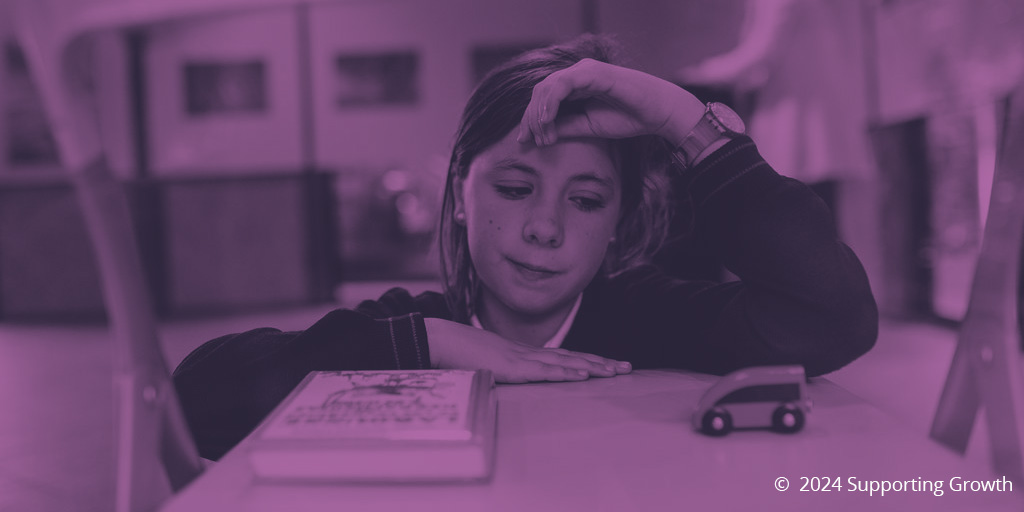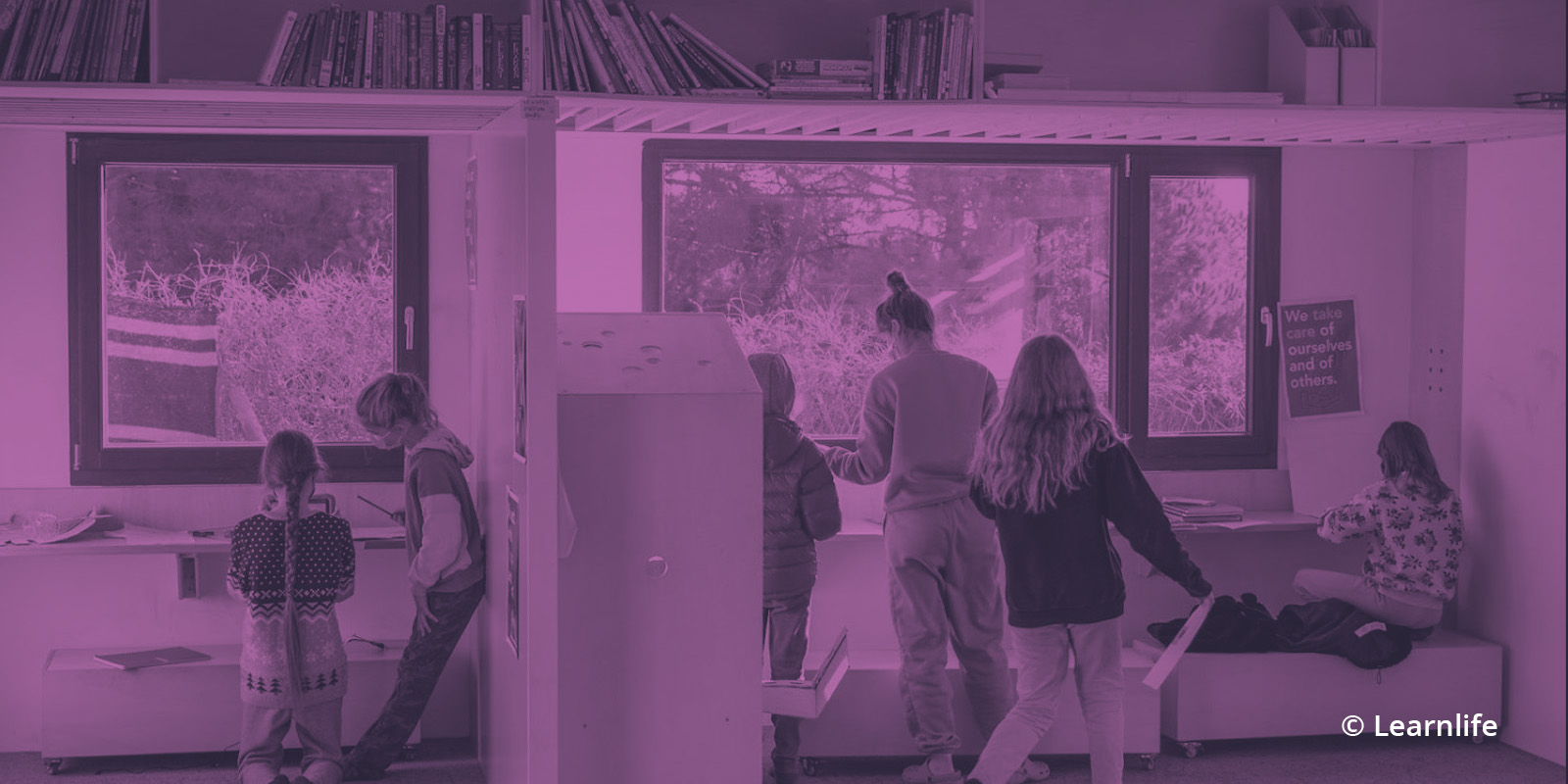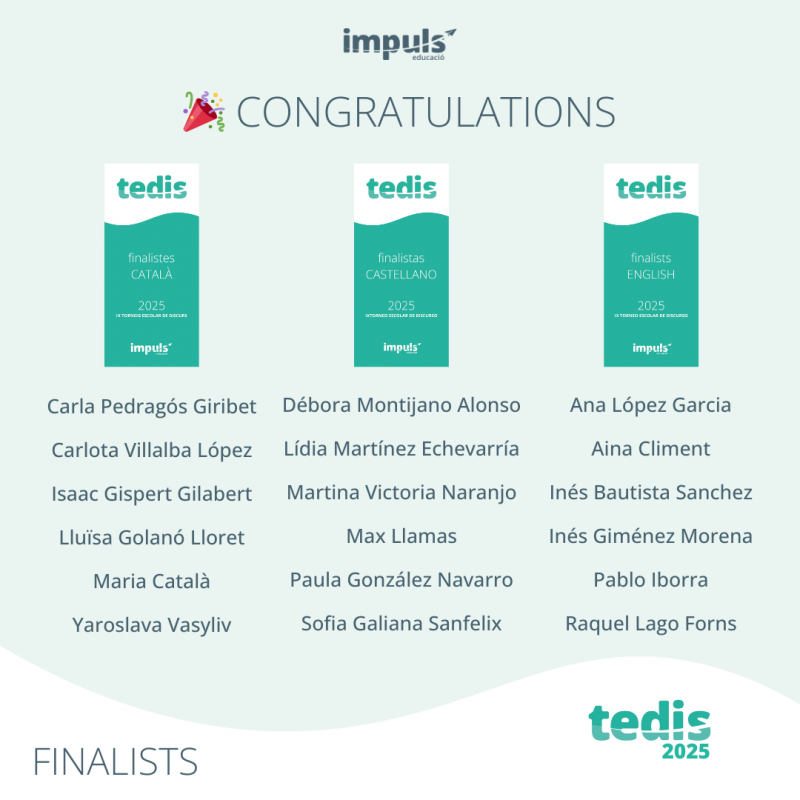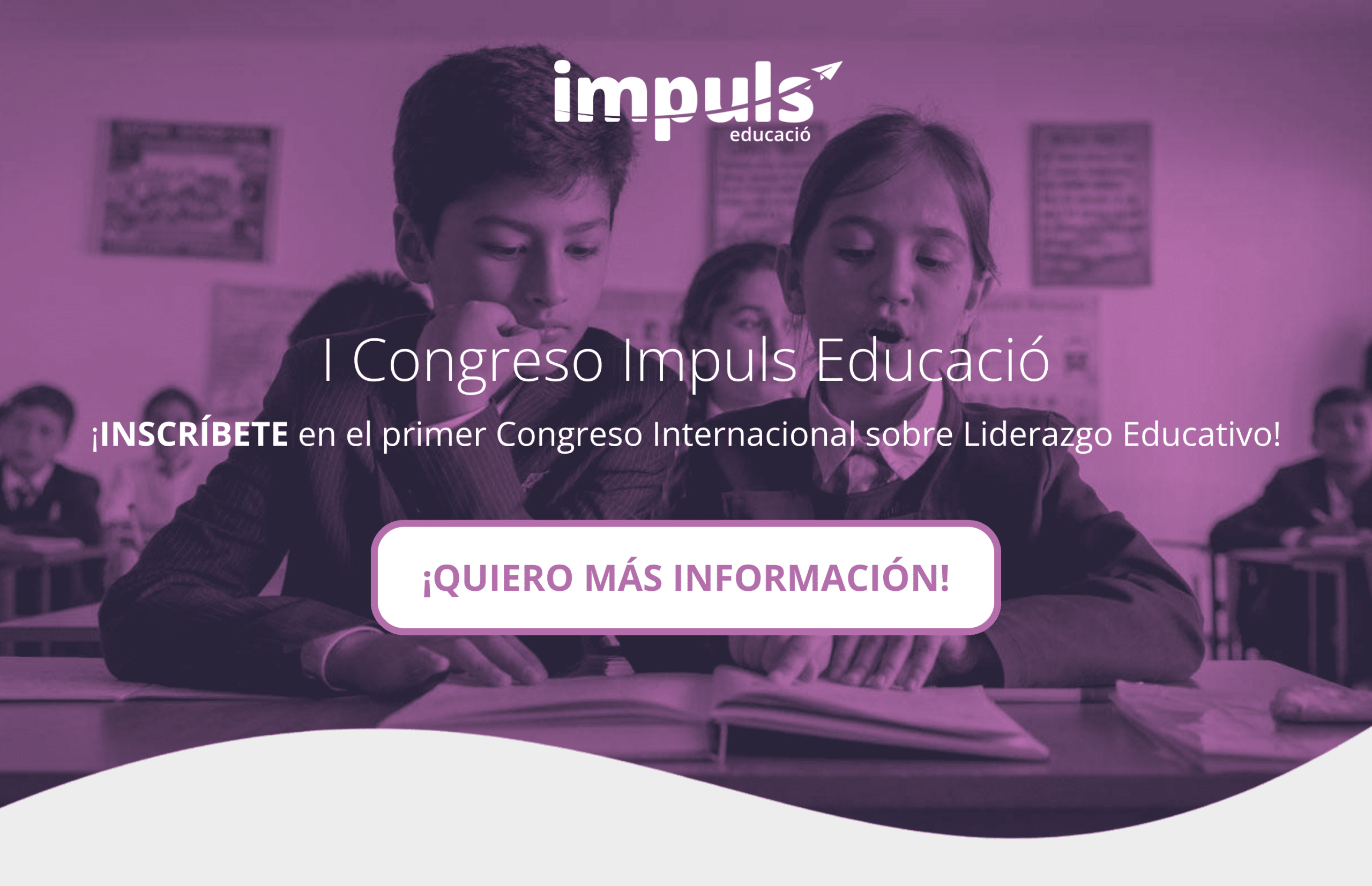by Ana Moreno Salvo
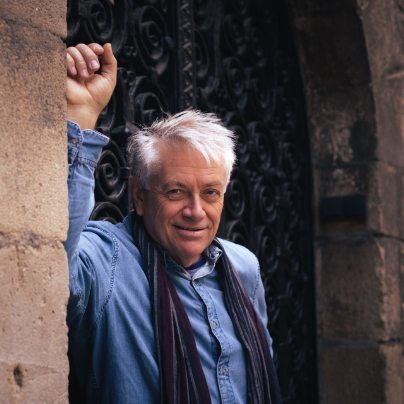
Stephen Harris is co-founder and director of Learnlife in Barcelona. In 2005, he founded the Sydney Centre for Innovation in Learning (SCIL). His vision is to integrate innovation in schools by leveraging the passion and experience of the teams that have worked with him. He has in-depth knowledge of leadership, innovation and culture.
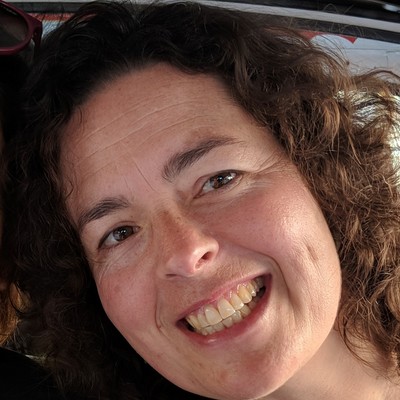
Leticia Lipp is one of the founding members of Learnlife. She has been head and leader of the Human Resources and Culture teams since Learnlife was founded. Her current mission is to grow Learnlife’s partner schools towards innovation. She acts as a head-hunter searching for talent such as principals, pedagogical leaders and teachers.
At Impuls Educació we are interested in international research and we try to establish connections with experts from all over the world. We consider it essential, as a research and dissemination centre, to take into account the opinion and experience of these professionals, whose vision always provides us with new perspectives and ways of understanding this exciting world of education.
We had the opportunity to have a conversation with Stephen Harris and Leticia Lipp, in which they told us about the Learnlife project and we talked about the importance of a good leadership and teaching team for the lifelong learning of students. In this article we have collected part of what we talked to the experts in the interview we conducted with them; you can find the full version of the interview in issue 5 of Diàlegs magazine: “Teacher training“.
Interview with Stephen Harris & Leticia Lipp
Can you tell us the keys to the Learnlife transformation project and what makes it different from other innovation projects?
Stephen Harris (SH): We have managed to define a framework and simply carry it out. Learnlife has engaged in an evolutionary process towards what we really think is at the core of good learning, that is, what a teacher should be able to understand. Therefore, we can take this model to any context. You have to be able to effect the transformation. Change needs to be actionable at the classroom, school or system level, if needed. The most important thing in learning is for the learner to experience a world of functional relationships.
The most important thing in learning is for the learner to experience a world of functional relationships
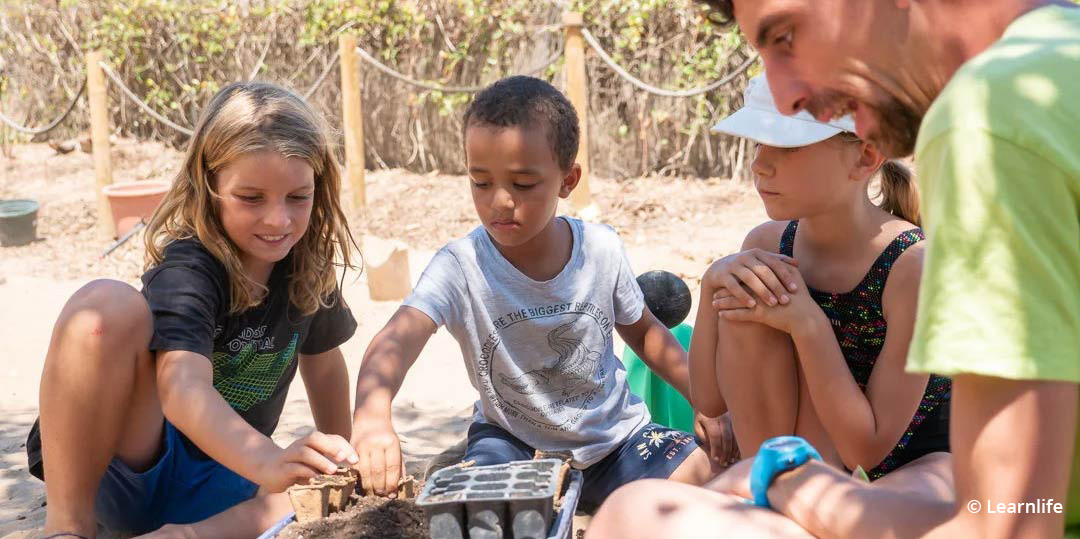
If you enter a community and feel threatened, or if there is a power imbalance, that will limit your learning. The bottom line is to make positive relationships central to everything else. Once that is achieved, you can begin to build trust and a culture of learning in the direction you want to go.
How would you describe the role of a Learnlife School teacher?
Leticia Lipp (LL): “Learning guides”, the name we call teachers at Learnlife, are people who promote passion and put the responsibility for learning back on the children. It’s not about controlling classroom behaviour and trying to differentiate” it’s about establishing a positive relationship and accountability. The student’s responsibility is the student’s, not the teacher’s. That is an essential difference. Students should not have the attitude of “I have to follow the rules”, “I don’t want to get kicked out of class”, “I have to behave”, “I have to get good grades to make my parents happy”. This still happens far too often.
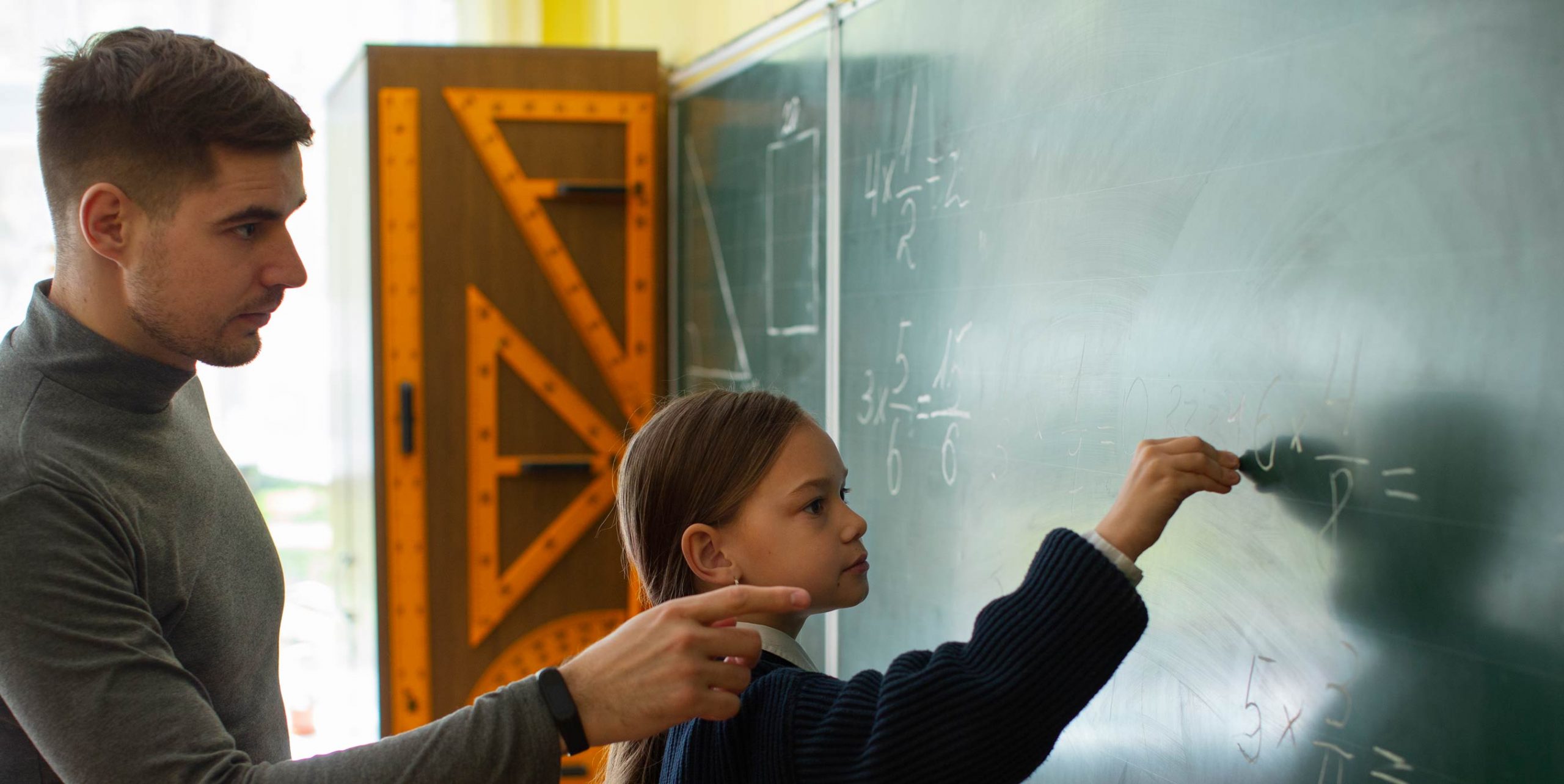
Learning guides are people who promote passion and put the responsibility for learning back on the child
How would you describe the learning environment you are trying to build?
SH: We are trying toestablish an environment wherethe learning culture is strong andunconscious. It is there, and it drivesthe individual in their choices andbehaviours and desire to participatein the programmes.
Can you briefly explain the role of the teacher in guiding students along these pathways?
SH: The teacher’s role is to intervene when necessary. If you have a child who has difficulty engaging, you don’t just tell them to sit down, shut up and look straight ahead. You need to find out what is blocking their engagement. What can we change as adults to unleash a love of learning? To me, that’s a fundamental change that any school and any teacher can make. If there is an obvious problem with a child, don’t blame the child. First look at the system, because it may be the cause of the problem.
If a child has a problem, first look at the system, because it may be the cause of the problem
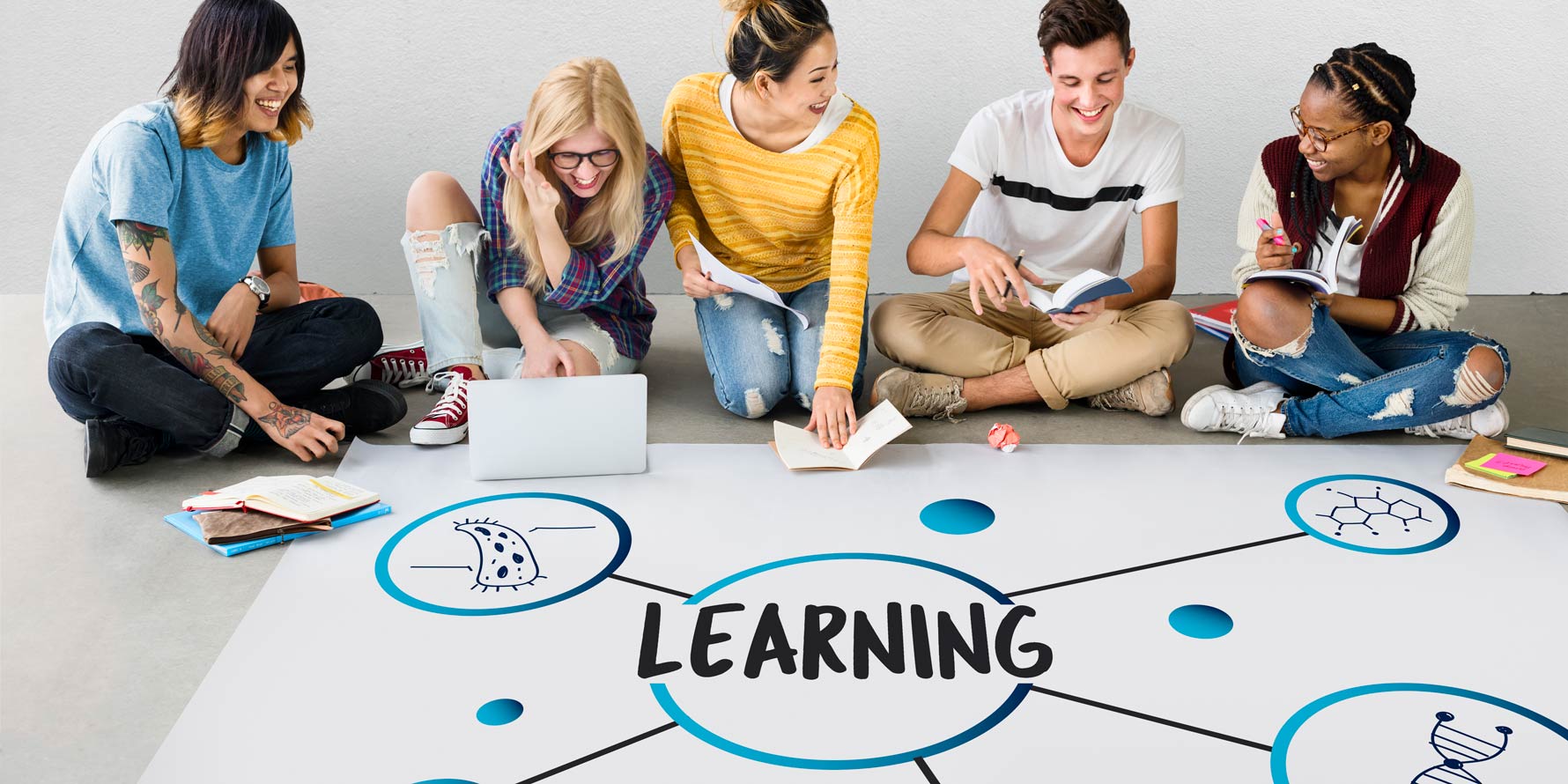
In order for a teacher to be the best “learning guide”, we need to focus on the problems that may prevent them from getting there. We have to make sure that they have a psychologically safe environment in which there is trust. We have to make sure they understand where they’re going and why things are a little different, because otherwise it’s very tempting to just go back to where they were. They have to understand what works. John Hattie’s research clearly shows that timely feedback is one of the most powerful determinants of learning growth.
You have to have a system where you have that relationship and those conversations that allow you to give immediate feedback, because that is the powerful change. That’s how trust grows. The impact of trust is that you can move from cooperation to collaboration. The impact of positive relationships is that you can feel safe enough with me to raise any difficult issue because I’m not going to question your loyalty or anything else. I will try to help you grow in that context.

The impact of trust is that you can move from cooperation to collaboration through immediate feedback
What is the process of creating a teaching team that works effectively?
SH: As leaders, as recruiters, we have to have the skills to know how to manage a team. There are many school principals who have never been taught that skill. There is a fundamental problem if a school leader does not know how to listen, create a safe space or build a team.
As leaders we have to have the skills to know how to manage a team, know how to listen and create a safe space

Could you tell us the keys to getting each person in the right “seat”, given their profile and aspirations?
LL: We are clear about the competencies needed to be a good learning guide. We conduct a very thorough competency assessment. The goal is to demonstrate flexibility and agility, as well as keen self-awareness and the ability to recognise emotions and to set and maintain healthy boundaries.
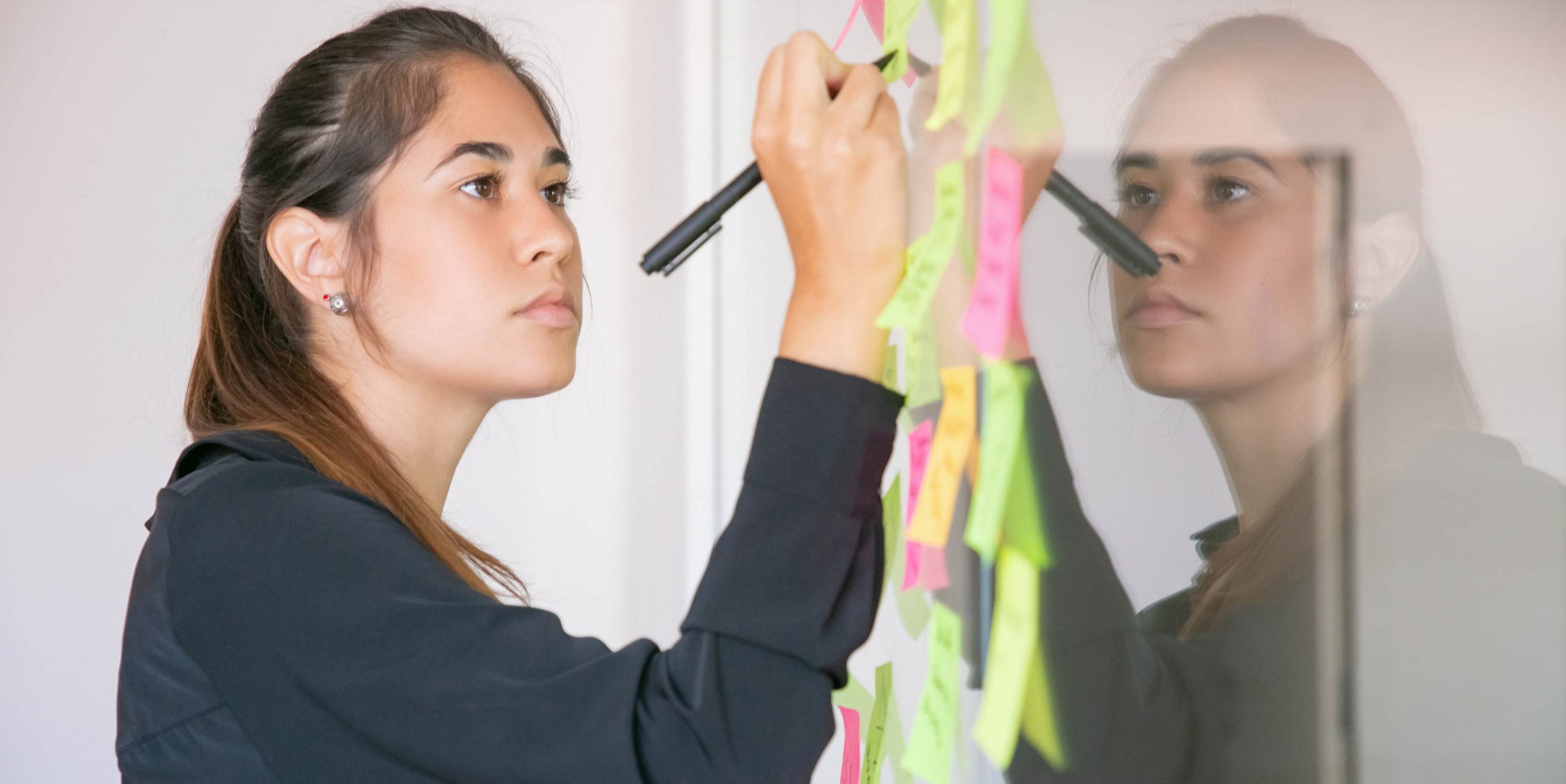
A good learning guide must be flexible and agile, have self-awareness or the ability to set boundaries
What am I good at and how could I use these skills? For example in the primary programme we find that the different learning guides on the learning team have complementary skills, so some people are engineering- and coding-minded, others are very good with digital media and videos and others are caring. Others specialise in special needs or deal with health and safety. We try to assemble teams that complement each other and to ensure that people change, grow and evolve.
How is this leadership structured and energised?
SH: Leaders have to learn throughout their lives. You don’t get to this position to say, “I’ve made it, I’ve got an office, I’ve got people working for me”. Learnlife is nothing like that. There is no office. The space is shared by everyone. So I have to be able to rid myself of any perception I may have that leadership is about hierarchy, because leadership is about leading and it’s about serving. If a chair needs to be moved, if there’s a faucet that doesn’t work, I’m not going to ask someone to fix it. I will try to solve it myself, because what we want the kids to learn are the same skills that I show in problemsolving, in challenge-based thinking, in creative thinking. If I can’t do it right, how are they going to learn?

